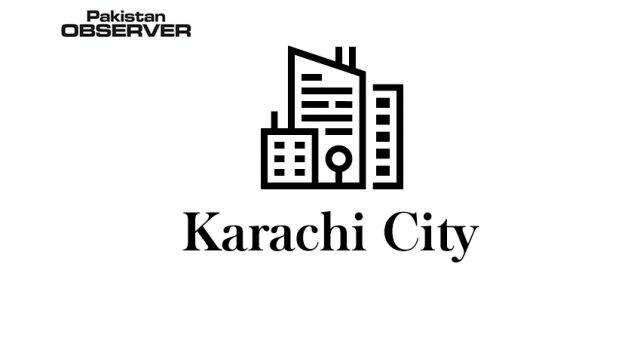Staff Reporter
Dr Ishrat Hussain, a former State Bank governor, who has written extensively on the topic of elitists capturing the state said the only way to help the poor is by taxing the elite. “Our system is that of collusion and connivance,” He was speaking at a session of the Adab Festival on Saturday The session titled ‘Is The Top 1% (Elite) The Problem in Pakistan’ discussed the economic system and how it has been designed to perpetuate elitism. Panellists argued that this has, therefore, institutionalised the belief that every economic or political activity can only benefit the elite. He believes the elite have taken the State hostage. “You see, the rich have the assets and land to capitalise on, while the poor only have their labour, which, for the most part, is unskilled,” he said, stressing the need for land reforms. He said that a small chunk of the corporate sector, bureaucracy, military and intellectual elites exercise their influence, right or wrong, over 97% of the people, taking it hostage and the system only helps them further their interests. “This group then only supports their brothers, friends and relatives to flourish unfairly, at the expense of everyone else,” he said. Ali said that the poor and labour class have had enough of the condescending rich doing philanthropy while denying people their basic rights. “The population of poor people in this country is so large that if they spat together, the elite would drown,” he said. “Since they have power and a stake in policies, they get the State to ban labour unions,” he said, bolstering his case that unions, which according to him now only make for 1% of the entire labour force, could not hinder institutional operations. He said that because the elite cannot have anyone standing up to their flawed structure, they lobby against labour rights, especially the latter’s right to form a union. We only have 10 years to overhaul the system, labour rights campaigner Karamat Ali said. CEO of Cordoba Ventures, Malik Ahmad Jalal, said that times were changing and while we should now be talking about digital age and its ideas and concepts, “we are discussing the problems of the bygone industrial age”. “The elite will always be there, no matter the system, egalitarian or elitist,” he claimed, arguing that even in religion and spirituality, one sees a hierarchal order and it is not essentially the problem. The problem, to him, is people thinking they can get away with anything because of their position or power. Jalal said wars were even fought between elites but the laymen never had a say. “You see better and more competent elite winning against a less competent elite.” Another former SBP governor, Dr Shamshad Akhter, and Ahsan Mehanti, the CEO of Arif Habib Commodities, were also on the panel. Akhter said that labour unions were among the exploitative parties that hinder the potential productivity of labour. Mehanti said that there is no way for corporations to evade taxes now. With the FATF regulations under consideration, corporations are paying up to 50% in taxes under various heads, he said. Incumbent State Bank Governor Reza Baqir was supposed to be on the panel but did not show up.









